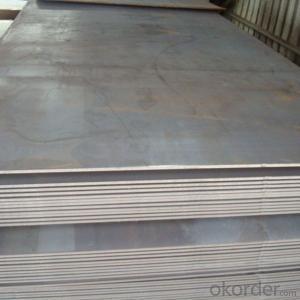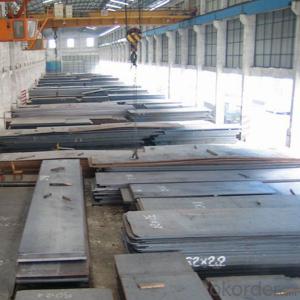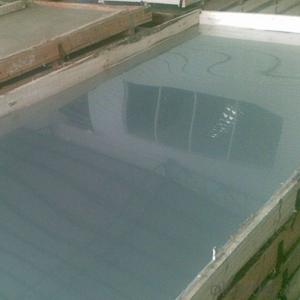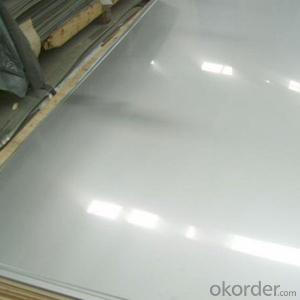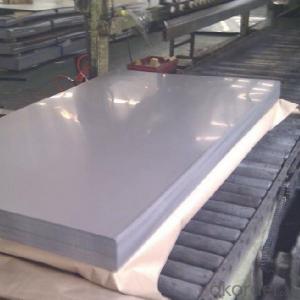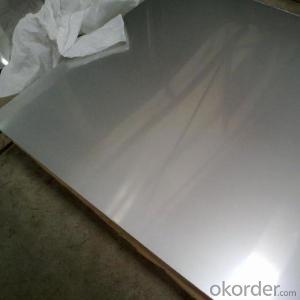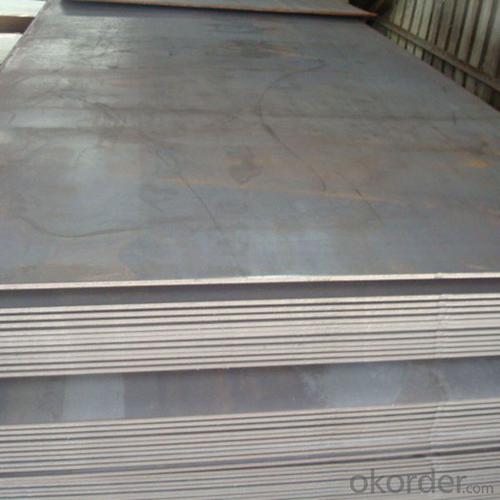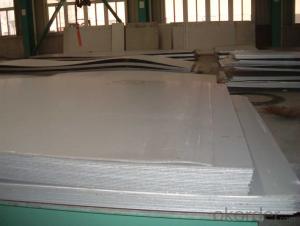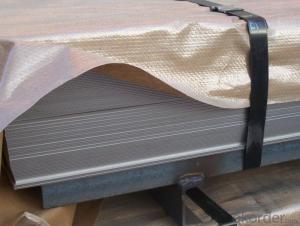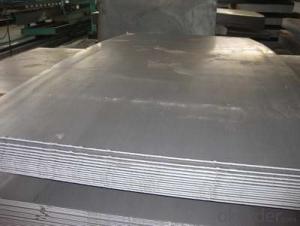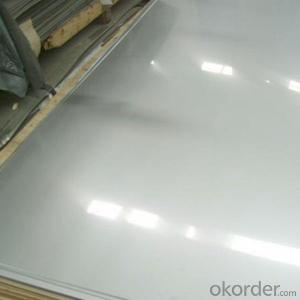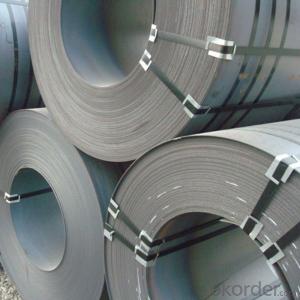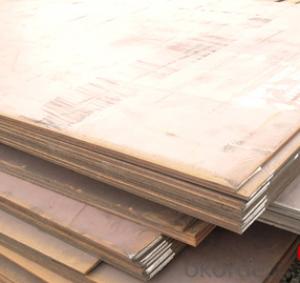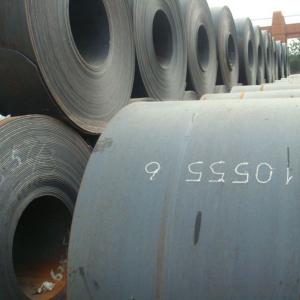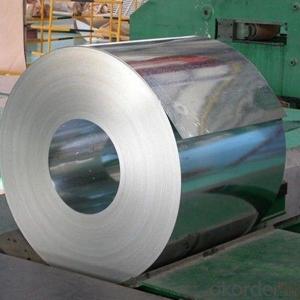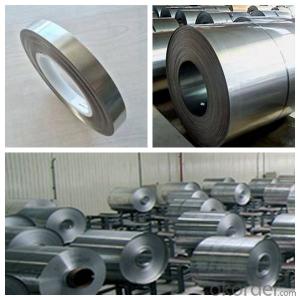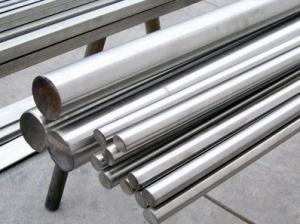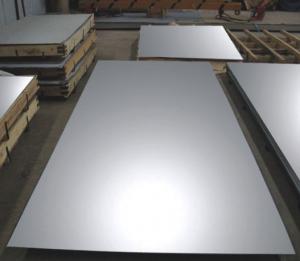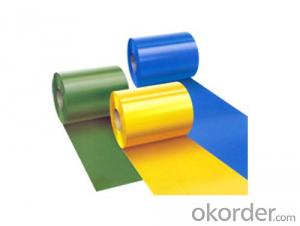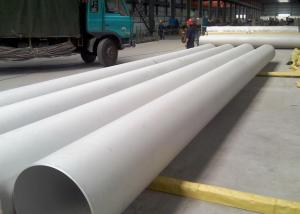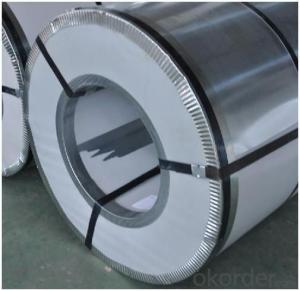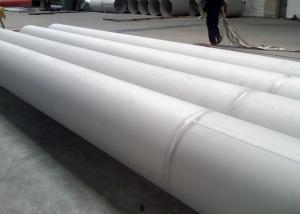Carbon Steel Plate Made In China SS400 Good Quality
- Loading Port:
- Tianjin
- Payment Terms:
- TT OR LC
- Min Order Qty:
- 25 m.t.
- Supply Capability:
- 20000 m.t./month
OKorder Service Pledge
OKorder Financial Service
You Might Also Like
Specification
DESCRIPTION FOR CARBON STEEL PLATE
Product | carbon steel plate price per ton |
Place of origin | Tianjin,China mainland |
MOQ | 25 tons |
Thickness | 1mm-200mm |
Width | 1000mm-3000mm |
Length | 1000mm-2000mm |
Application | widely |
Standard | AISI,ASTM,BS,DIN,JIS,GB,etc |
Grade | A572,A573,A633,A678,A709,A710,G3101,G3136,etc |
Tpye | Steel plate |
Surfacing | Coated |
Productive Technology | Hot Rolled & Cold Rolled |
Price | FOB USD 500-900 per ton |
Port | TIANJIN,SHANGHAI |
Payment Terms | L/C,T/T,Western Union,MoneyGram |
Product Ability | 1000 tons per month |
Delivery | 10 days after deposit or according to customers' quantity |
Packing | standard seaworthy export packing or as the request of customers |
PACKING:
1.Big thickness:by bulk vessel
2.Small thickness:packed by steel strips and shipped by container
3.According to the requirements of customers'
TRADE TERMS :FOB, CFR, CIF
DETAILED PICTURES FOR STEEL COILS
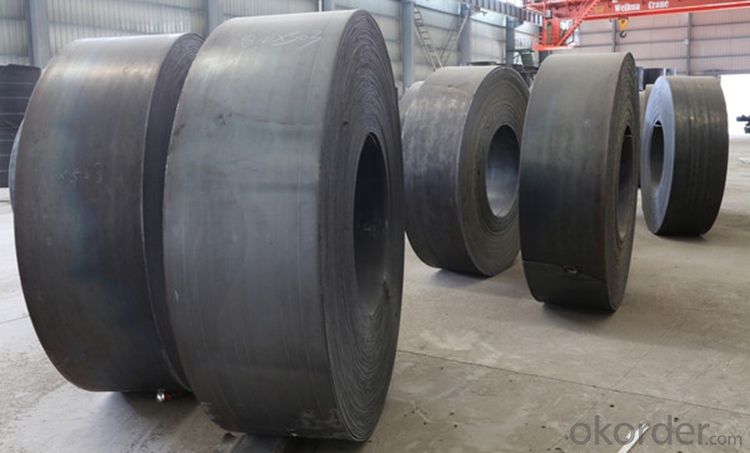
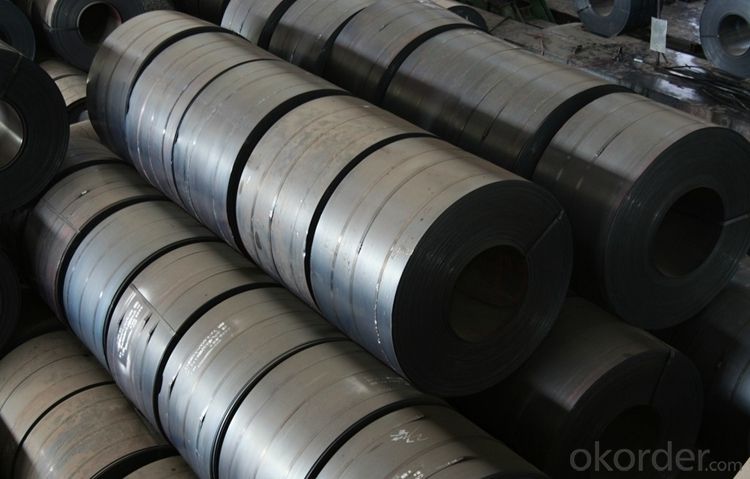
PACKAGING &DELIVERY FOR STEEL COILS/SHEETS
Packaging Detail Standard export packing or following customer's demand
Delivery Time: Within 30-40 days after deposit or according to the order quantity
OUR SERVICE
1.High quanlity and reasonable price.
2.Customized on-demand.
3.Reasonable shipping and fast delivery.
4.Free sample.
FAQ:
Q:You are Factory or Trading Company?
A:We are factory,our main products include Steel plate,Steel Bar,Steel coils.
- Q: What's the difference between 304 stainless steel and 301 stainless steel?
- 301, compared with 304 steel material, C content is much, Cr and Ni content is little, cold processing tensile strength and hardness increased, without magnetism, but after cold processing has magnetism
- Q: Stainless steel plate glued to tiles, what glue?
- Depending on the size of the material and the number of adhesive areas, you can choose a different glue, the same function of glue, you should compare the quality and price of glue. Before you recommend what glue to use, you should first identify the following questions to choose the right glue.
- Q: Are stainless steel sheets suitable for outdoor sculptures or decorative pieces?
- Yes, stainless steel sheets are highly suitable for outdoor sculptures or decorative pieces. Stainless steel is known for its durability, resistance to corrosion, and ability to withstand harsh weather conditions, making it an ideal choice for outdoor applications. Additionally, its sleek and polished appearance adds a touch of elegance and modernity to any outdoor space.
- Q: How do you straighten bent stainless steel sheets?
- Depending on the severity of the bend, there are several methods available for straightening bent stainless steel sheets. 1. For slight bends, a rubber mallet or hammer can be used to gently tap the bent area back into place. Gradually apply even pressure, starting from the center of the bend and moving towards the edges. It is important to avoid striking the stainless steel too forcefully, as this could cause further damage. 2. In cases of more severe bends, heat can be used to soften the stainless steel, making it easier to straighten. Begin by heating the bent area using a blow torch or heat gun. Once the stainless steel reaches a red-hot temperature, carefully use pliers or a vice grip to straighten the sheet. It is important to note that this method is most suitable for thicker stainless steel sheets, as thinner ones may warp or lose their shape when exposed to excessive heat. 3. For larger or heavy-duty sheets that cannot be easily straightened by hand, mechanical straightening is recommended. This involves using specialized tools like a hydraulic press or metal brake to apply controlled pressure and straighten the bent stainless steel sheet. It is crucial to carefully follow the manufacturer's instructions when using these tools to prevent accidents. Always wear appropriate safety gear, such as gloves and eye protection, when working with stainless steel sheets. If you are unsure or uncomfortable with straightening the sheets yourself, it is advisable to seek assistance from a professional metalworker or fabrication shop.
- Q: Can stainless steel sheets be used in food processing?
- Yes, stainless steel sheets can be used in food processing. Stainless steel is a common material used in the food industry due to its many beneficial properties. It is highly resistant to corrosion, which is crucial in food processing environments where frequent contact with water, chemicals, and food is expected. Stainless steel sheets are also non-reactive, meaning they do not interact with food or affect its taste, making it a safe choice for food processing equipment. Additionally, stainless steel is easy to clean and maintain, making it suitable for maintaining high levels of hygiene required in food processing facilities. Its durability and strength also ensure that it can withstand the rigorous demands of food processing operations. Overall, stainless steel sheets are a preferred material in the food industry due to their suitability for food processing applications.
- Q: What are the different types of stainless steel sheet surface finishes available?
- There are several different types of stainless steel sheet surface finishes available, each with its own unique characteristics and uses. Some of the most common types include: 1. No. 1 Finish: This is the most basic and commonly used finish, also known as hot rolled annealed and pickled (HRAP). It has a rough, dull appearance with visible grain lines and is typically used for industrial applications where aesthetics are not a major concern. 2. No. 2B Finish: This finish is achieved by cold rolling, heat treating, and pickling the stainless steel. It has a smooth, reflective surface with a moderate gloss and is commonly used for applications that require a clean, uniform appearance, such as kitchen appliances and architectural components. 3. No. 3 Finish: This finish is achieved by using progressively finer abrasives during the polishing process. It has a semi-polished, satin-like appearance with visible grain lines and is often used for decorative applications, such as furniture, signage, and automotive trim. 4. No. 4 Finish: This finish is similar to No. 3, but with a finer grain and higher gloss. It is achieved by using even finer abrasives during the polishing process and is commonly used for architectural and decorative applications that require a high-quality, mirror-like finish. 5. No. 8 Finish: Also known as a mirror finish, No. 8 is the highest-quality stainless steel sheet surface finish available. It is achieved by polishing the stainless steel to a highly reflective, mirror-like appearance. This finish is often used for high-end architectural and decorative applications where a premium, flawless finish is desired. In addition to these primary finishes, there are also specialized finishes available for specific applications. For example, a brushed finish creates a textured, brushed appearance by using abrasive belts or brushes against the stainless steel surface. Additionally, there are colored finishes that involve applying a thin layer of color to the stainless steel surface, providing a unique and eye-catching appearance. Overall, the choice of stainless steel sheet surface finish depends on the specific application and desired aesthetics, ranging from basic industrial finishes to high-end decorative finishes.
- Q: What is the electrical resistance of stainless steel sheets?
- The electrical resistance of stainless steel sheets can vary depending on various factors such as the grade of stainless steel, its thickness, and the specific properties of the alloy used. Generally, stainless steel is known to have a relatively high electrical resistance compared to other metals. This is due to its composition, which includes a significant amount of chromium and other alloying elements that hinder the flow of electric current. However, the exact value of electrical resistance can range from a few micro-ohms per square meter to several ohms per square meter, depending on the specific grade and thickness of the stainless steel sheet. Therefore, it is crucial to consult the manufacturer's specifications or conduct specific electrical resistance tests to obtain accurate values for a particular stainless steel sheet.
- Q: Can stainless steel sheets be used for bridge construction?
- Yes, stainless steel sheets can be used for bridge construction due to their excellent strength, durability, and corrosion resistance properties.
- Q: Are stainless steel sheets suitable for outdoor staircases?
- Yes, stainless steel sheets are suitable for outdoor staircases. Stainless steel is known for its durability, resistance to corrosion, and ability to withstand harsh weather conditions, making it an excellent choice for outdoor applications. Stainless steel sheets provide a sleek and modern look while ensuring strength and stability. Additionally, stainless steel is low maintenance and easy to clean, making it a practical choice for outdoor staircases that are exposed to dirt, dust, and other outdoor elements.
- Q: How do you cut intricate designs in stainless steel sheets?
- Achieving intricate designs in stainless steel sheets can present a challenging task, but it can be accomplished through various methods. One commonly used technique involves the utilization of a laser cutting machine. Laser cutting provides precise and clean cuts, enabling the creation of intricate designs effortlessly. By melting or vaporizing the stainless steel with a laser beam, a smooth and precise cut is achieved. Another approach involves the usage of a CNC plasma cutter, which operates through a computer-controlled machine equipped with a plasma torch. This method ensures high precision and the capability to handle complex designs. However, additional finishing may be required for the edges to attain a polished and smooth appearance. Waterjet cutting is an alternative option for cutting intricate designs in stainless steel sheets. This method employs a high-pressure jet of water mixed with an abrasive substance to effectively cut through the metal. Waterjet cutting proves to be versatile, accommodating various thicknesses and designs, and delivering accurate and detailed outcomes. When it comes to smaller projects or fine designs, a jeweler's saw or a metal nibbler can be employed. These handheld tools enable manual cutting and offer greater control over the design. However, it is important to note that they may necessitate more time and effort in comparison to automated methods. Regardless of the chosen method, it is crucial to prioritize safety precautions by wearing protective gear and adhering to the manufacturer's instructions. Additionally, practicing on scrap pieces prior to working on the final stainless steel sheet can aid in refining the technique and achieving the desired results.
Send your message to us
Carbon Steel Plate Made In China SS400 Good Quality
- Loading Port:
- Tianjin
- Payment Terms:
- TT OR LC
- Min Order Qty:
- 25 m.t.
- Supply Capability:
- 20000 m.t./month
OKorder Service Pledge
OKorder Financial Service
Similar products
Hot products
Hot Searches
Related keywords
